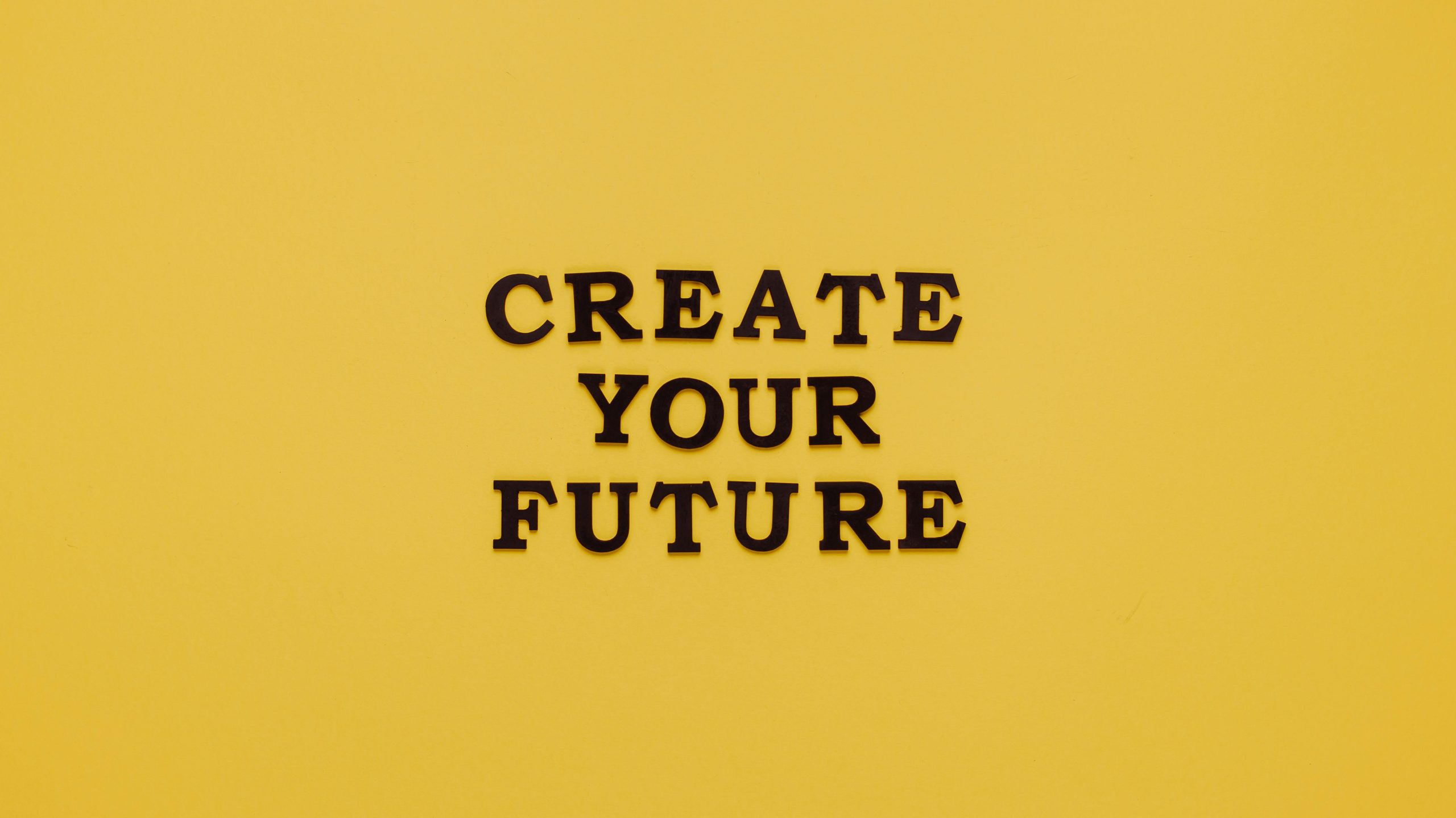A Fascinating and Overlooked Danger to Our Free Will You Can’t Stop Watching
The Hidden Threat to Our Free Will: An Overlooked Challenge in the Age of Information
In discussions about artificial intelligence, our minds often jump to dystopian scenarios—killer robots, AI overlords, or machines turning against humanity in violent rebellion. These dramatic visions, while captivating, overshadow a more subtle but equally threatening issue: the erosion of our attention and the influence over our worldview.
Most people don’t realize that the way we see the world—our beliefs about ourselves, others, and society—is primarily shaped by the information our brains absorb through sensory experiences over a lifetime. From language and trust to political beliefs, our perspectives are built upon this foundation of accumulated knowledge.
This process of experiential learning is fundamental to all animals with brains, allowing us to adapt and survive. Unlike genetic evolution, which takes generations, humans have a unique ability: we can transmit and influence worldviews through symbols—stories, language, and writing. This remarkable capacity is the cornerstone of civilization, enabling complex communication and shared understanding.
However, this symbolic system also introduces vulnerabilities. Humanity only developed written language approximately 5,000 years ago, and for most of that time, literacy was a rarity. Until recent history, people’s worldviews remained heavily influenced by direct experiences and the small educated elite who could read and write.
Then, the advent of television revolutionized symbolic communication. Suddenly, information that shaped perceptions was accessible without literacy—broadcasts could reach millions effortlessly. The influence of mass media caused the symbolic influence on our worldview to expand from a mere 2-10%.
Growing up in 1987, I remember a single television in the household, often tuned to whatever was on—a far cry from today’s hyper-connected, algorithm-driven screens. Now, screens are omnipresent, and sophisticated algorithms tailor content directly to our preferences. This customization is unprecedented in human history, creating a world where an AI or platform might know you better than you know yourself.
Imagine a future—or perhaps the present—where a significant portion of your beliefs and perceptions are shaped not by your direct experiences but by an unseen algorithmic force. Such a scenario risks robbing us of free will, turning us into passive participants in a vast digital ecosystem that filters and rewires our understanding of reality.
This is not just a hypothetical concern; it’s an ongoing reality. Every year, more of our attention and perception are mediated by digital platforms that manipulate the stories we consume and the images we see. The danger is that, in doing














Post Comment